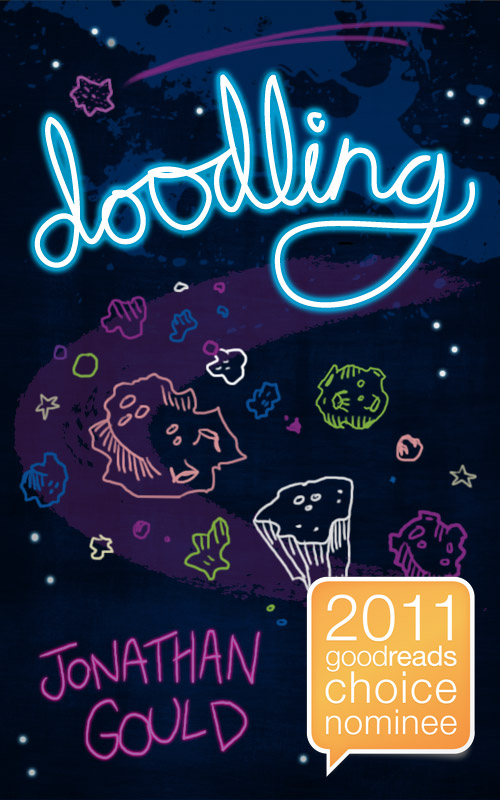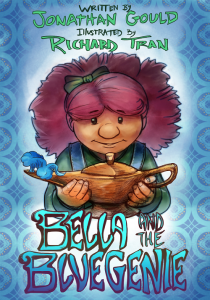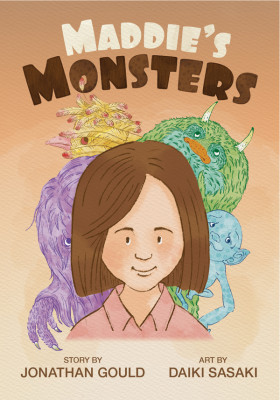Okay, so the title of this post makes it sound a bit iccky. I don’t mean to put any potential readers off, but it was the best analogy I could find.
Sure, I haven’t actually looked inside my head, and I suspect if I did it would look pretty gross. But being the squeamish kind anyway, that’s not something I’m about to do.
It’s more about the way I write. I’m not the sort of person who can finish off a story in a hurry. I like to take my time.
I’m constantly amazed at how quickly some people can churn out stories. I often see novelists releasing a new, full-length novel six months after the last one, and sometimes even less. There’s no way I could keep up with a pace like that. Partly, it’s because juggling writing with a full-time job and a family means I have very limited time to write in the first place. But also, it’s because ideas for stories just don’t come to me in such a fully-fledged way. It takes me a while for me to get my story properly worked out.
The first stage is the basic idea phase. An idea can hit me and I might think, “Hey, that’s a great idea for a story.” But there’s no way I’ll start writing it straight away. I like to leave some time for the idea to percolate around my head, twisting and turning it to see how it holds up, and considering all the possibilities that the story might involve. For very short stories, this may take several weeks. For something substantial like a novel, this can take more than a year. I’ll usually write out some notes so I don’t forget anything. I may even refer back to those notes later.
So once I think I have a handle on the story, it’s first draft time. But even then, I’ll need a lot more time to let all the ideas come to me. As I’m writing, I’ll often find that crucial details will come to me right in the middle of a sentence. By the time I’ve finished that first draft, I’ll know heaps more about the story than I did at the beginning.
You’d think that by this time, I’d have it all worked out, but even that’s not the case. That’s why once I’ve finished the first draft, I’ll let it sit again. Sometimes for a couple of months. Sometimes for several years. In that interval, the ideas will continue to seep out. I usually like to think that it’s at second draft stage that the story really comes together and the ideas become solidified.
So that’s why I can’t write a story in a hurry. From the initial idea to the final draft, I need that time for the ideas to gradually come to me. I know that I could churn out stories at a rapid rate, but I’d never be happy with the results. And because I want to make my stories as good as they can be, I’m happy to take that extra time.
Posted by Jonathan Gould and tagged as





I think it depends on what you’re looking for in a book. I tend to deride anything that’s merely storytelling. Making up stories isn’t especially hard which is why some people can churn out a novel every few months. But remember what Capote said about Kerouac: “That’s not writing, that’s typing.” I’m a big fan of Samuel Beckett as you know. When the Irish literary critic Vivian Mercier reviewed ‘Waiting for Godot’ in 1956 he famously described it as “a play in which nothing happens, twice” and he’s not far wrong and yet the play is performed constantly and attracts big names. I’ve seen it several times and would happily watch it again and the same goes for most of his plays where nothing, or next to nothing, happens. When you read Beckett the one thing you know is that every word counts and was carefully considered. It’s not enough for him to tell a story. But then you’d never call his books “entertainments”. That was a word Graham Greene used for his own light writing to differentiate from his serious work. There is a place in this world for “entertainments” or beach reads but it’s like trying to fill up on candy floss. The novel I’m working on just now took me four years to write. And I thought it was good then and it was good. My wife said it was good. But it wasn’t great. I’ve just spent the last six months editing and expanding it—I’ve added some 5000 words—and I can see a decent novel shaping up. But I needed to distance myself from the text and so I didn’t return to it for years, not until I could read the text as a reader and not as an author or as close to that state as I’m ever likely to get. Once you can do that you stop being so self-satisfied and realise precisely how lazy you were the first time round. I’ve spend days searching through the text for a single word or expression I kept falling back on, words like ‘interesting’ or ‘nice’. It’s not enough to tell a story. It’s not enough for our readers to get the gist. We used to listen to music on mono cassette players and that satisfied us. We got the idea. But that’s no way to hear music. A phrase every writer should keep at the forefront of his or her mind is “attention to detail”. Look at a film like ‘Blade Runner’ and you see what I mean. Of course the first time round you miss 90% of that on a conscious level but who says you should only watch a film once or read a book once? (We certainly don’t impose that restriction on music.) Nabokov said, “one cannot read a book; one can only reread it” and he’s spot on. Few books dashed out in three or four months (or less) deserve rereading. Most wouldn’t warrant reading in the first place. If “attention to detail” is what we should aspire to what we should avoid is “good enough” or “it’ll do”.
- LinkHi Jim. I truly admire your dedication.
- Link